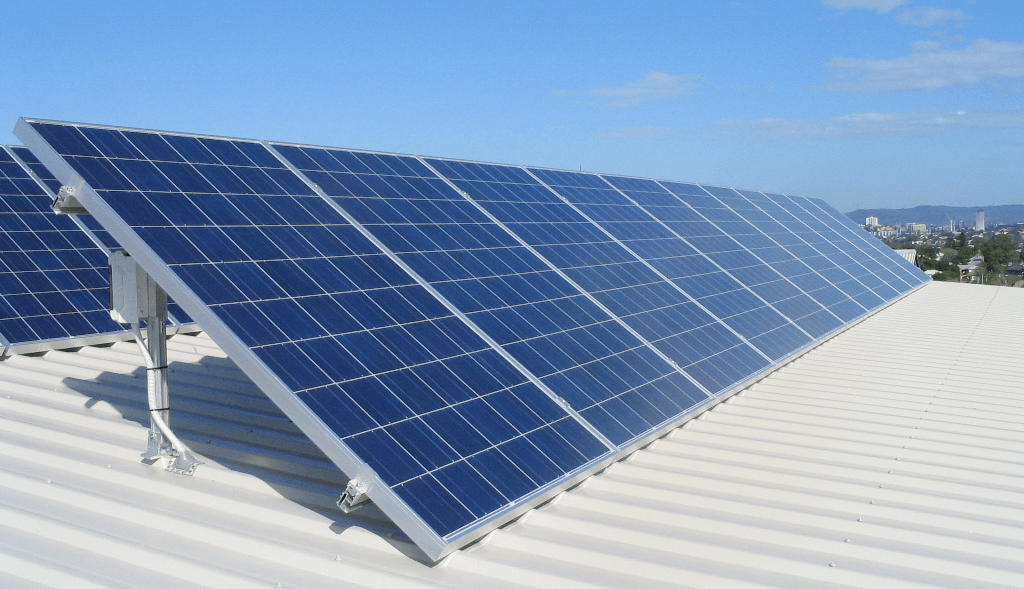Nauru ratifies international solar alliance
May 24, 2017 | Expert Insights

On 23rd May 2017, Nauru ratified the International Solar Alliance (ISA) Framework Pact becoming the sixth country to do so.
International Solar Alliance Framework Pact
The International Solar Alliance was launched jointly by the Indian Prime Minister Narendra Modi and French president Francois Hollande on the first day of the COP-21 summit at Paris in 2015. The alliance was formed to initiate a coalition of solar resource rich countries to collaborate on meeting their energy needs through a common approach. The alliance would become a legal entity once 15 countries ratify the agreement. Till now, 31 countries have become signatories to the ISA framework with only 6 ratifying it.
Nauru
Nauru, the world’s smallest republic became the sixth country to ratify the agreement. It has a population of 10,200 and the highest point of its terrain is only 65 metres above sea level and is vulnerable to adverse climate change. 30% of the country’s energy needs are met through solar power installations and Nauru aims to achieve 50% of energy production from renewable energy sources by 2020. Five more African nations-Comoros, Cote d’Ivoire, Somalia, Ghana and Djibouti are to ratify the ISA pact during the meeting of African Development Bank of India.
India’s initiative
India has set aside $2 billion for solar projects in Africa out of the government’s $10 billion budget of credit for projects in Africa. Mr Jaitley said that this initiative was to make continents like Asia and Africa preserve the environment by limiting greenhouse gas emissions and by generating energy through renewable sources. India along with Brazil, Rwanda, France, Fiji, Bangladesh and Ethiopia have ratified the agreement. The five day event is to be held in Gandhinagar from 22nd to 26th May.
Assessment
The ISA will be a common platform for cooperation among countries to seek solar energy and curb greenhouse emissions. A solar alliance pact among countries would facilitate research and development to encourage innovative and affordable applications of solar energy.
This initiative is also likely to improve India-Africa relations and partnership, with India’s investments in solar project in Africa. With China trying to create an influence in Africa by shifting its energy sources, with the solar alliance pact India will also be able to build its relations with Africa.








Comments